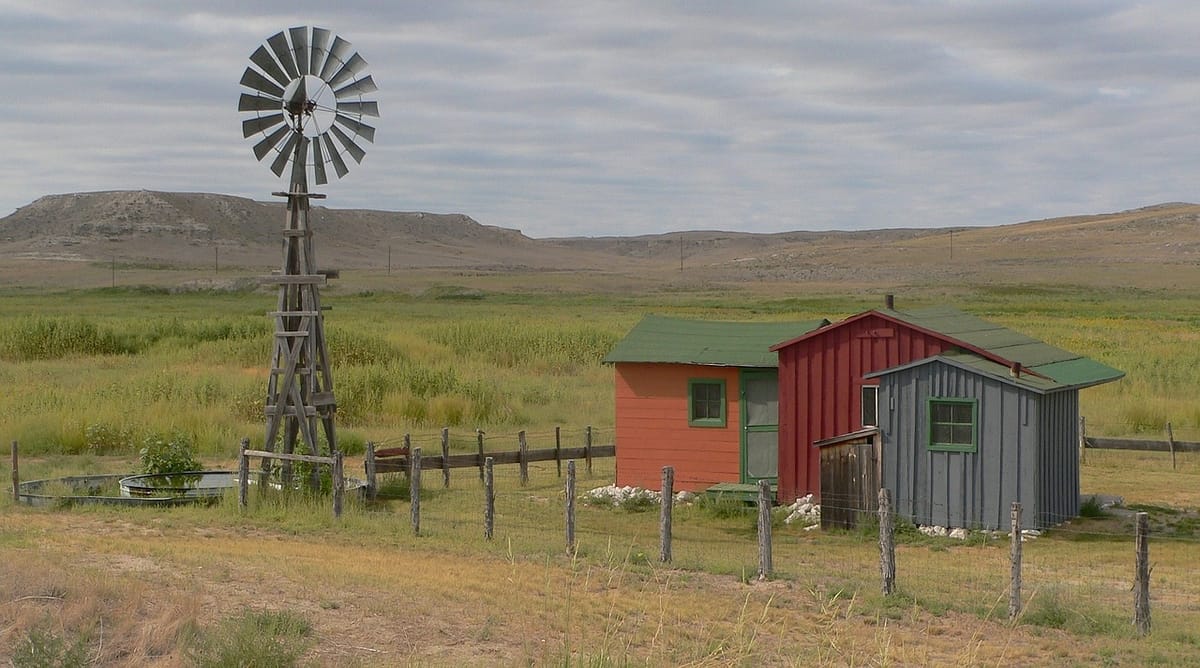
WASHINGTON, February 22, 2024 – Three more states and the first territory have received approval of Volume 1 of their Broadband, Equity, Access and Deployment proposals: Pennsylvania, Nevada, Nebraska, and Puerto Rico.
This brings the total number of states and territories able to accept challenges to government broadband coverage data to 16, according to the tracker of the National Telecommunications and Information Administration.
NTIA is administering the $42.5 billion BEAD program, which will award grants for broadband infrastructure in unserved and underserved areas.
The challenge process is a critical phase of the BEAD program because it determines which locations and community anchor institutions in each state and territory are eligible to be served by BEAD funds.
New NTIA challenge process tracker
Presently, West Virginia is the sole state undergoing this challenge process, according to a separate recently-introduced NTIA challenge process tracker. Meanwhile, six states—Colorado, Delaware, Kansas, Louisiana, Montana, and Virginia—have completed their challenge submissions.
Furthermore, eight additional states, territories, and the District of Columbia have received feedback on their Volume Two proposals in the last week, bringing the total incorporating NTIA feedback to 51.
Challenges may contest the accuracy of existing government data regarding internet speed, technology type, latency, and data caps at a specific location. These challenges are limited to submission by nonprofits, municipal and Tribal governments, and internet service providers.
So far, multiple state broadband offices which have undergone the BEAD challenge process have reported the most common type of challenge received regards future planned service, in which the challenger has knowledge that broadband will be deployed in the location by June 30, 2024, and is attempting to prevent duplicative efforts.
Nebraska: Allocated $405.3 million
The BEAD program’s governing body, the National Telecommunications and Information Administration, offered a model challenge process, but some states and territories choose to make modifications to it.
In Nebraska, such modifications include incorporating the Nebraska Economic Development Districts as challengers under the definition of local government units, and extending the timeline by which providers can launch a challenge under the pretense of planned buildout to accommodate Nebraska’s construction season.
The state broadband office will accept speed tests as evidence for substantiating challenges and rebuttals, meaning the office will classify locations as “unserved” or “underserved” even if the national broadband map indicates they are served, provided that rigorous speed test methodologies prove that the locations receive service below 25 Mbps download and 3 Mbps upload (unserved) or 100 Mbps download and 20 Mbps upload (underserved).
The state had proposed beginning its challenge process on February 1, but was awaiting NTIA approval of its Volume One proposal.
Nevada: Allocated $416 million
Nevada’s state broadband office proposes modifications to the NTIA’s model challenge process that include classifying locations where the only available internet technology is DSL or licensed fixed wireless to be underserved.
This decision comes after reviewing technical documents and consulting with experts. The state office believes that this change will more accurately identify locations eligible for BEAD funding by helping to replace outdated copper infrastructure.
The state will also accept speed tests as evidence for substantiating challenges and rebuttals.
The broadband office projects that its final determination of BEAD-eligible locations will not be complete until late into the winter of 2024.
Pennsylvania: Allocated $1.16 billion
The Pennsylvania state broadband office largely adopted the NTIA’s model challenge process, but will accept speed test data to demonstrate that locations marked as “served” on the national broadband map may actually receive internet service substantially below the 100 Mbps downstream and 20 Mbps upstream standard.
The state will publish its list of locations considered to be served with broadband on April 1, with the challenge process tentatively scheduled for April 1 to April 30.
Puerto Rico: Allocated $334.6 million
The Puerto Rico broadband office’s main concern going into its challenge process, highlighted in its Volume One proposal, revolves around preventing the deduplication of funding.
Many commitments to deploy broadband on the island already exist, such as those made through the Uniendo a Puerto Rico Program for universal service.
The broadband entity will review its records of current state and local broadband grant programs to verify the promised upload and download speeds in contracts meet BEAD standards. If these speeds aren’t outlined in the agreements the broadband entity will reach out to the providers to confirm the exact speeds agreed upon in the contracts.
The broadband office had proposed beginning its challenge process early in December, but was awaiting NTIA approval of its Volume One proposal.


